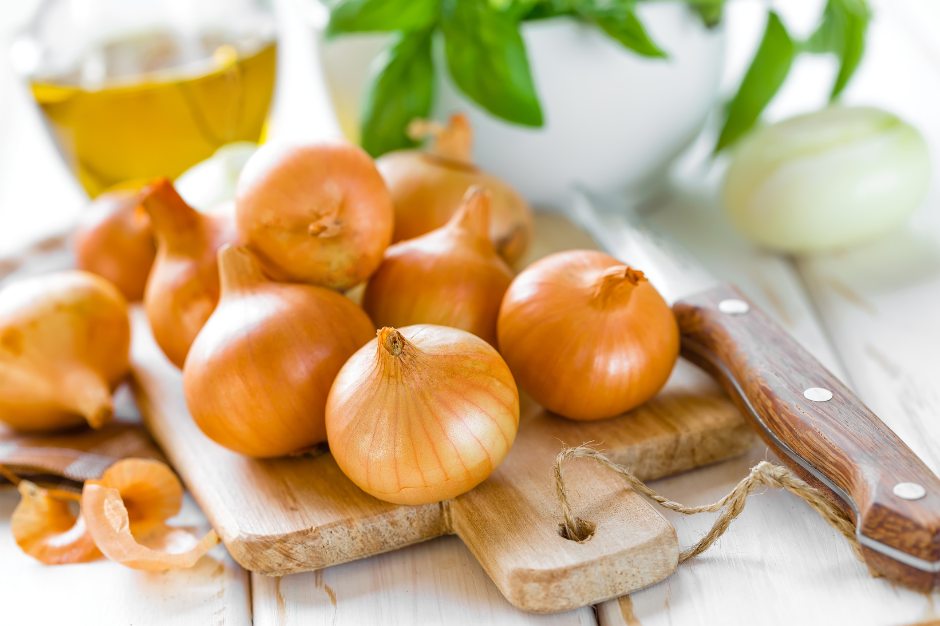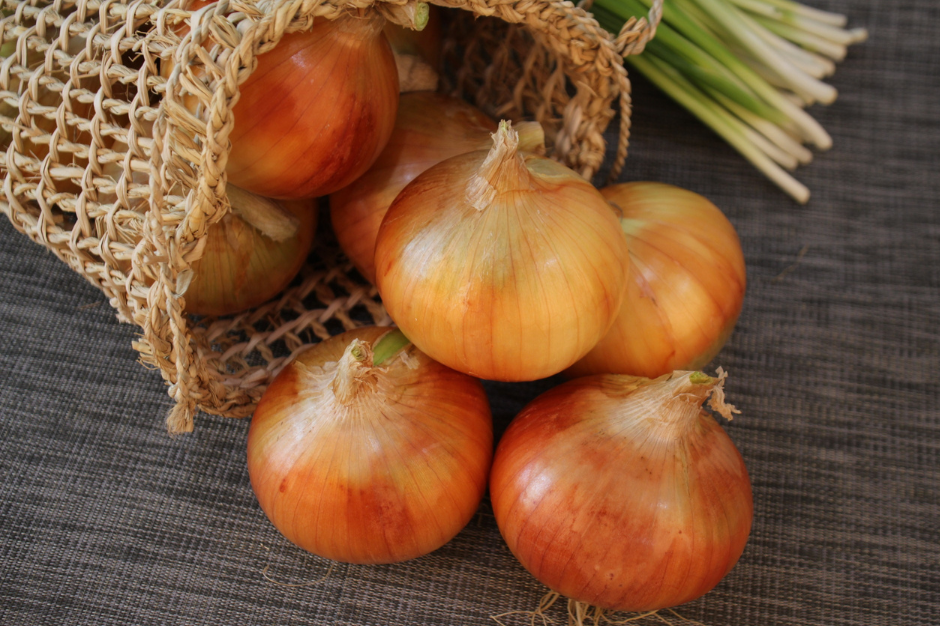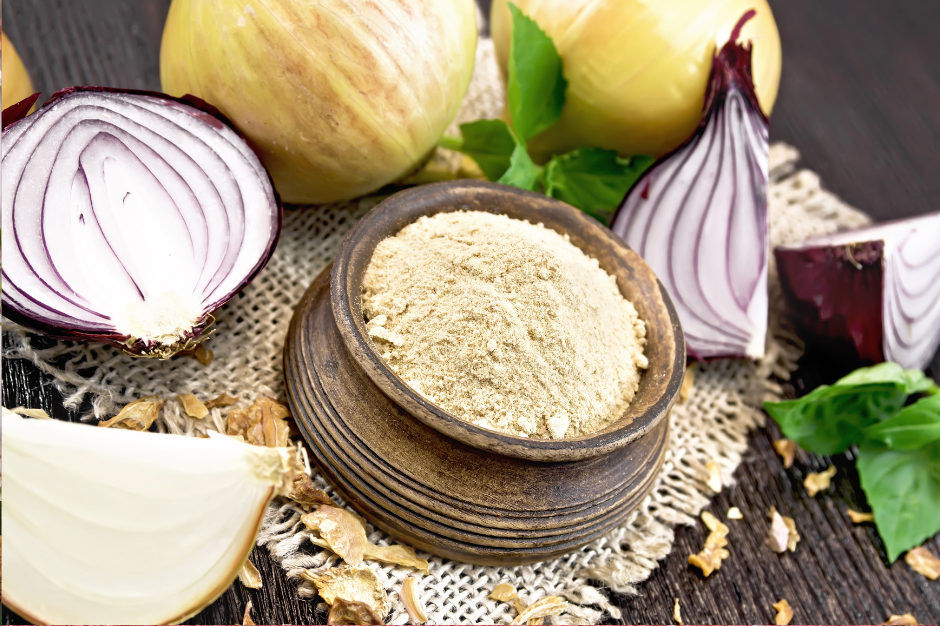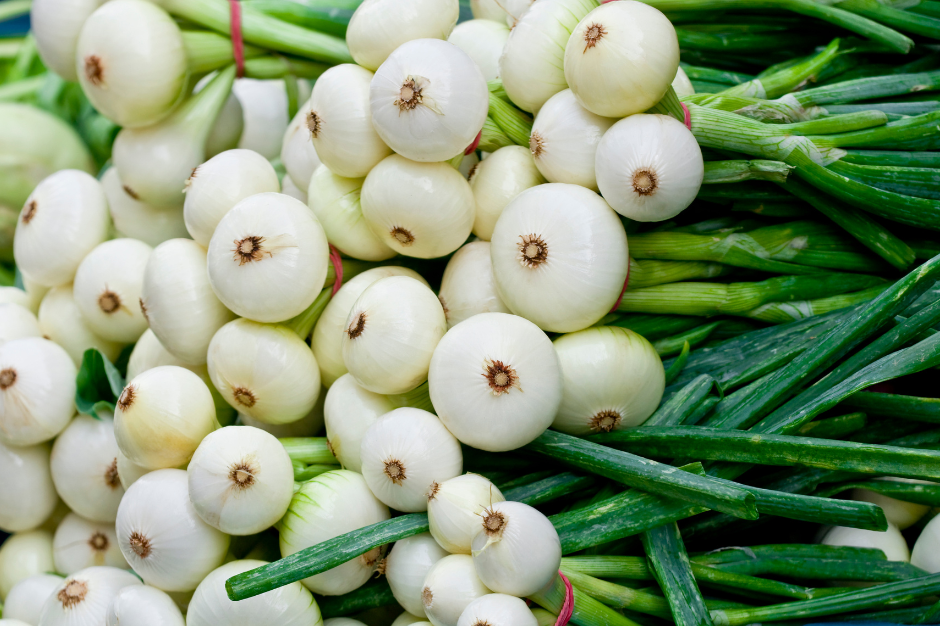Overview
Onion, like garlic, are members of the Allium family and both are rich in powerful sulphur-containing compounds that are responsible for their pungent odors and for many of their health-promoting effects.
An onion contains allyl propyl disulphide, while garlic is rich in allicin, diallyl disulphide, diallyl trisulphide and others.
In addition, onions are very rich in chromium, a trace mineral that helps cells respond to insulin, plus vitamin C, and numerous flavonoids, most notably, quercitin.




